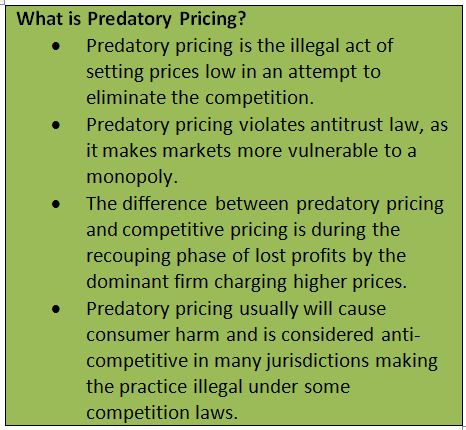

A parliamentary panel has submitted its report on ‘The Consumer Protection (E-Commerce) Rules, 2020’.
Context
A parliamentary panel has submitted its report on ‘The Consumer Protection (E-Commerce) Rules, 2020’.
About
- The E-Commerce Rules provide a framework to regulate the marketing, sale and purchase of goods and services online.
- These are notified under the new Consumer Protection Act, 2019.
- These rules are mandatory and are not advisories.
- The panel is headed by Partap Singh Bajwa.
Major recommendations
- Clear-cut definition of what constitutes ‘unfair’ trade practice: The government should offer a more clear-cut definition of what constitutes ‘unfair’ trade practice as well as spell out a practical legal remedy to tackle the issue.
- Predatory pricing by e-commerce firms: Risk that predatory pricing by e-commerce firms may result in competition being wiped out and prove detrimental to consumers in the long run.
- Fixing a cap on delivery charges: It has also recommended fixing a cap on delivery charges levied by e-commerce firms, as well as providing for penal provisions for violation of rules related to misinformation.
- Unfair trade practices: While e-commerce enterprises offer many benefits, the development of the segment has rendered consumers vulnerable to new forms of unfair trade practices, violation of privacy and issues of unattended grievances.
- Issue of drip pricing: It should also clearly define ‘drip pricing ‘wherein the final cost of the product goes up due to additional charges, and provide for protecting consumers against this by including penal provisions for violation.
What are the E-Commerce Rules?
- To regulate all commercial transactions sold over a digital or electronic network.
- It recognises two e-commerce business models, namely, marketplace model and inventory-based model.
- Separate rules specified for provisions for marketplace and inventory-based entities.
- All information on the return, refund, exchange, warranty and guarantee, delivery and shipment of the goods or services being sold, including their country of origin, be provided on the platform.
- These would enable consumers to make an informed decision.
Issues with the rules
- Unclear as to what would constitute price manipulation.
- Small businesses may not be in a position to comply with the provision of setting up a grievance redressal mechanism entity.
- It prohibits an e-commerce entity from levying a charge for cancellation post confirmation.
- It is against business-friendly approach.
- Most of the conditions are impractical.



